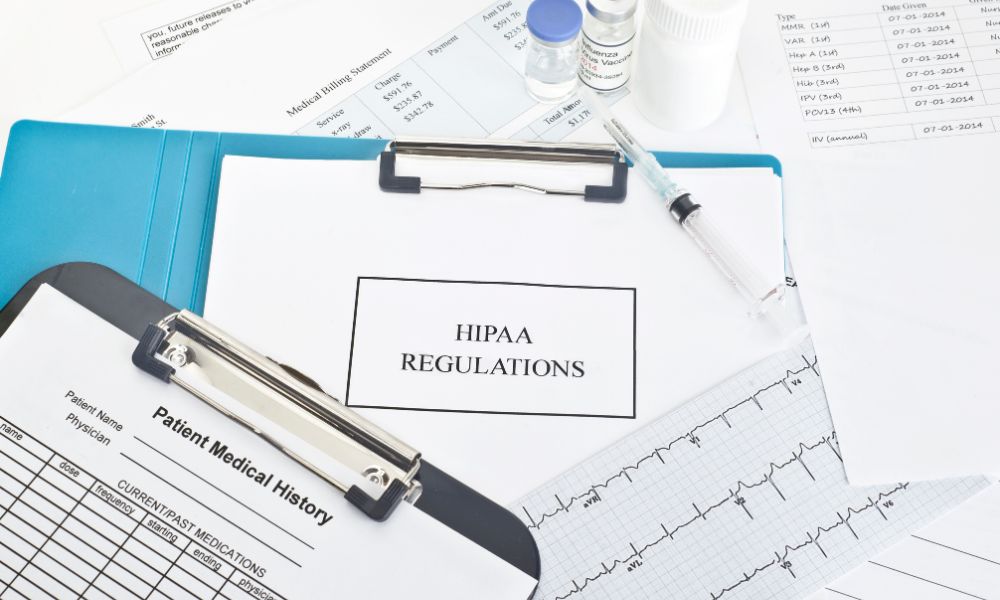
Medical offices keep their patients safe in more ways than just the services they provide. HIPAA compliance allows medical facilities to further protect their clients, keeping confidential information secure from identity theft and privacy breaches. Discover common HIPAA violations in medical offices to avoid making these mistakes and enhance the safety of your patients with successful HIPAA compliance.
1. Failure To Prevent Device Theft
Most information passed between clients and medical offices has gone electronic, making computers and many other technological devices in the office today’s version of filing cabinets. From medical records to contact information, your work devices collect and store lots of sensitive and important patient data. Anyone with access to those devices can also access any saved files and data.
Device theft is one of the most common HIPAA violations medical offices make. Although the office isn’t the one that committed theft, HIPAA requirements make offices responsible for theft protection. HIPAA compliance requires you to implement lots of different protective measures, including theft prevention, to secure the safety of your patients’ protected health information (PHI). Failure to stop device theft violates HIPAA regulations.
2. Improper Disposal of Patient Records
When your patient transfers to another facility or just stops using your services for an extended period, after a certain amount of time, you can discard old patient records. However, during and even after disposal, your office is still responsible for the security of that information.
Improperly disposing of PHI violates HIPAA regulations as it risks exposing the data to non-permitted parties. A successful termination of information leaves zero access possibilities. PHI disposals should leave no remnants and completely eradicate the information from existence—this is part of the office’s responsibilities.
3. Lack of Encryptions and Safeguards
Hackers use their computer skills to connect to devices remotely, typically via an online network. After gaining remote access to your systems and devices, hackers can then copy, transfer, and collect data. Using encryption software and equivalent safeguards prevents outsiders from connecting to your devices and networks, giving you more control over your systems and digitized spaces. Plus, encryptions clean up your digital traces, further preventing possible hacks and bugs that give outsiders unauthorized access to patient PHI.
4. Impermissible Information Disclosure
One of HIPAAs main objectives is to control PHI access, giving patients authorization over whom they share their sensitive data with. Sharing your patients’ PHI with unauthorized parties breaches your HIPAA compliance. Most impermissible information disclosures occur from employees sharing confidential information on unauthorized sites, during watercooler chats, and third-party businesses. PHI access and disclosure must get authorized and kept between patients and covered entities, with no exceptions.
5. Skipping Organization-Wide Risk Assessment
Regular risk assessments make sure your medical office remains HIPAA compliant and are mandatory for compliance. Risk assessments also give you a better idea of how to effectively protect your patients’ PHI and ensure all best practices get implemented throughout your organization. Skipping organization-wide risk assessments violates your HIPAA compliance in many ways, from allowing malpractice to occur to not meeting HIPAA mandatory requirements.
Avoid these common HIPAA violations in your medical office with HIPAA compliance training manuals that effectively teach you and your employees all you need to know about HIPAA. The better you understand HIPAA and its regulations, the fewer violations your business will make. Achieve and maintain HIPAA compliance with HIPAA training from Gamma Compliance.
